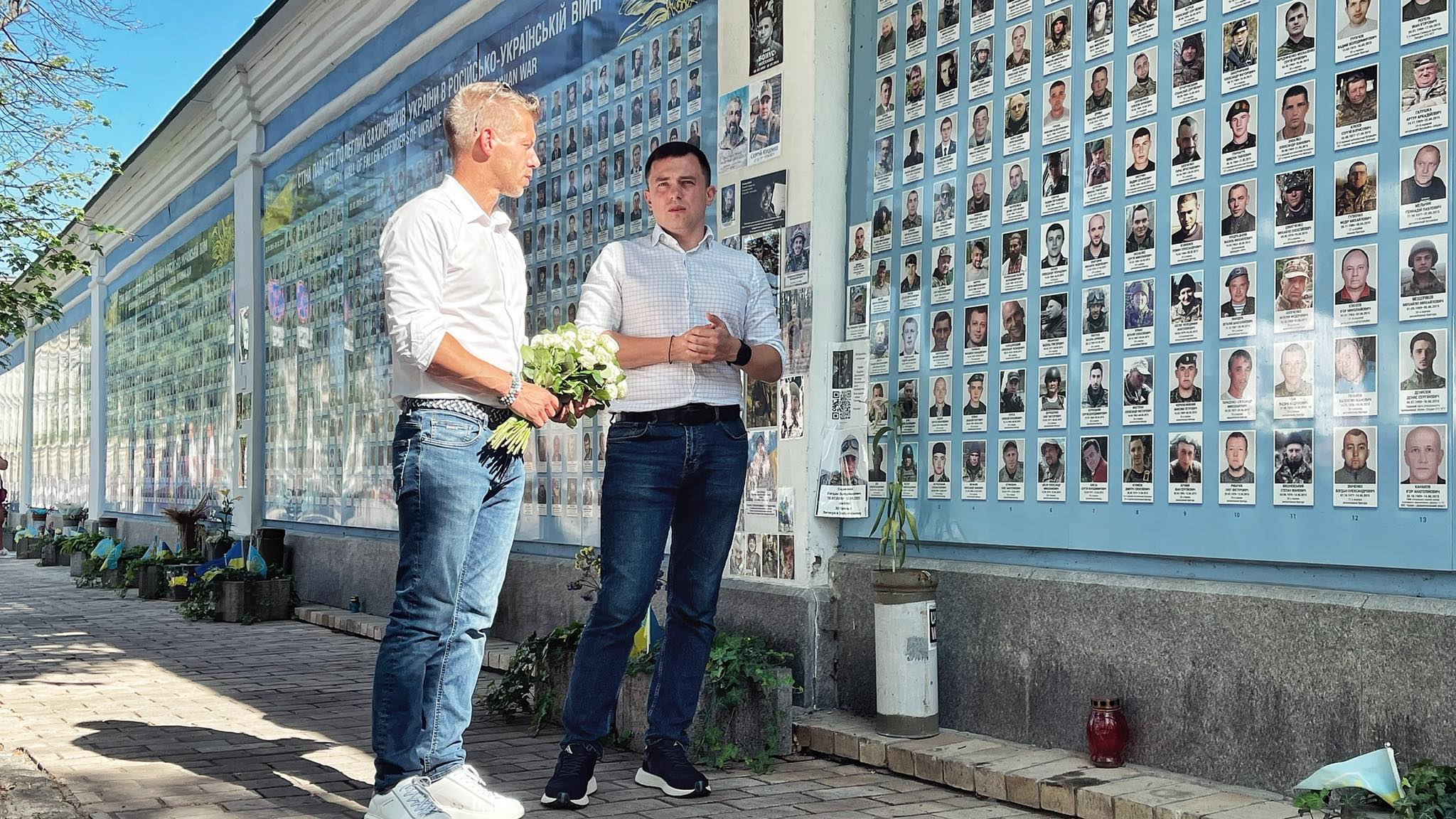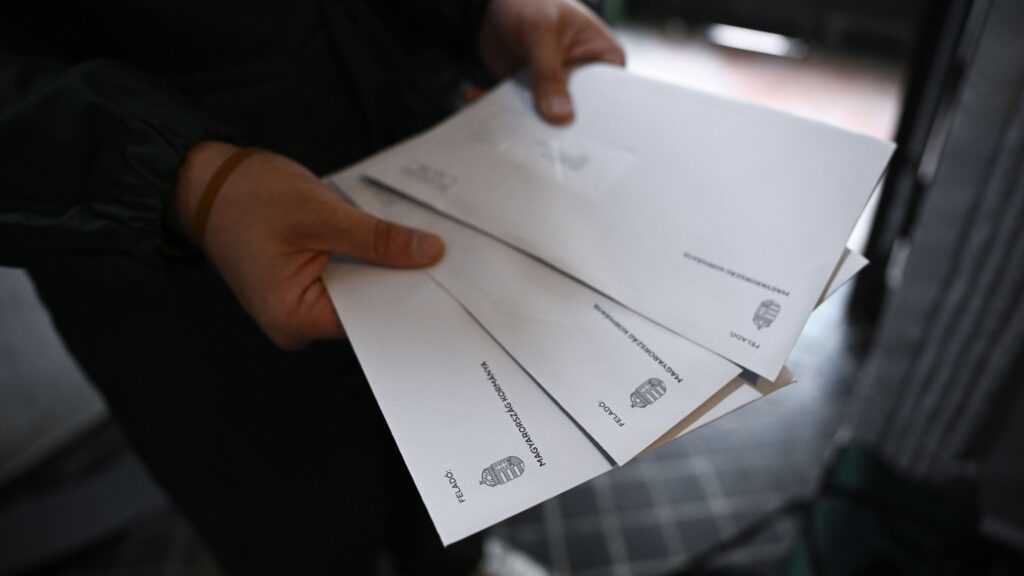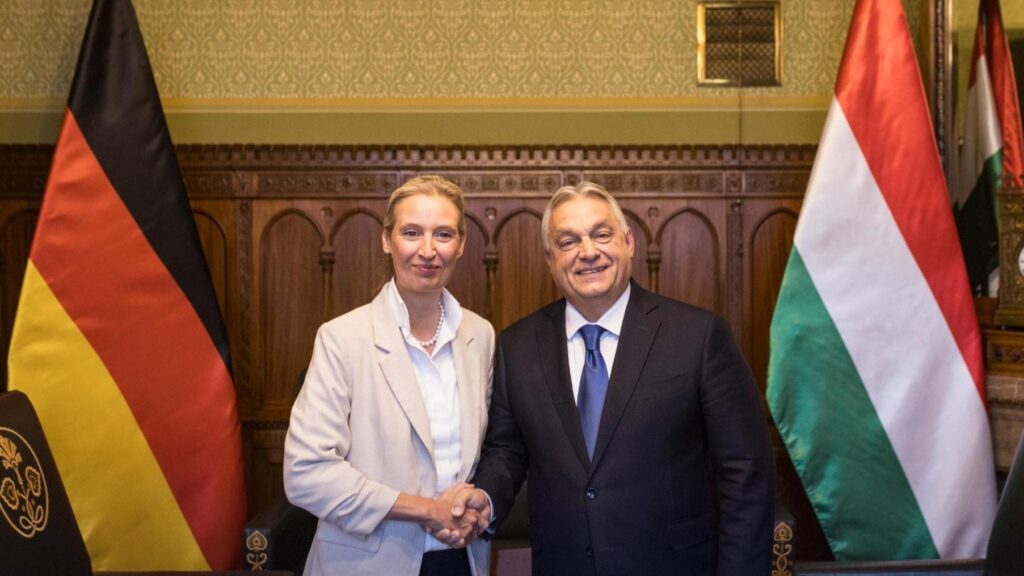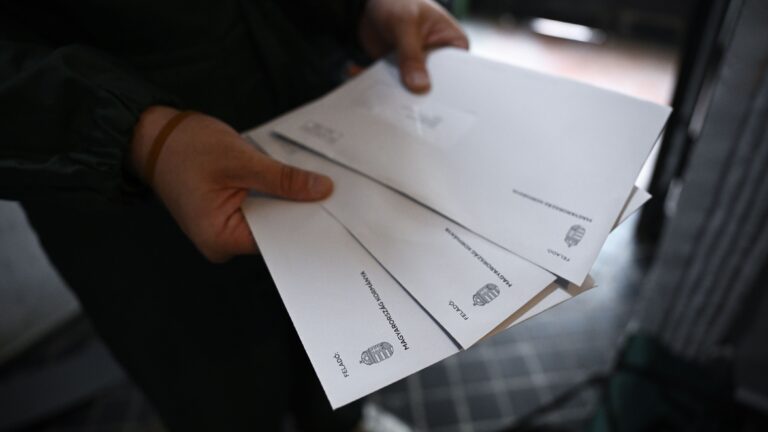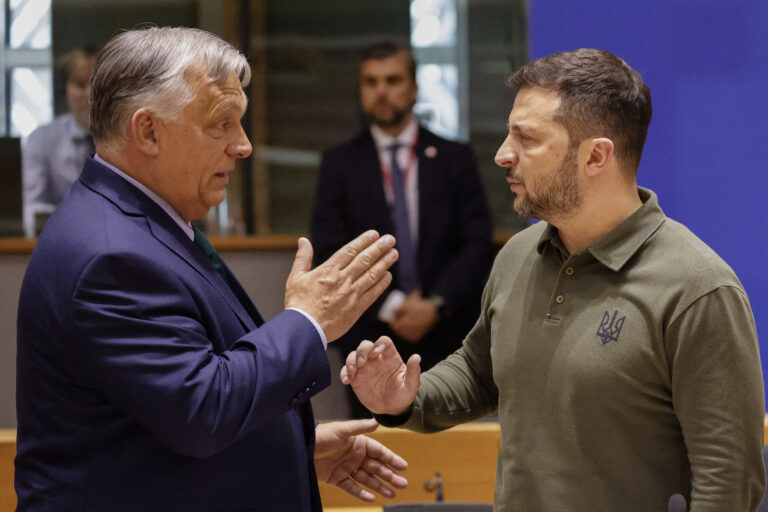The spy scandal between Hungary and Ukraine has intensified at an accelerated pace since its eruption in early May. On Tuesday, leader of the governing party Fidesz’s parliamentary group Máté Kocsis announced that Hungarian national security services had exposed two more Ukrainian spies—one of whom has been identified as an ‘illegal’ officer of the Ukrainian intelligence service, while the other is being prosecuted by the National Bureau of Investigation on suspicion of espionage.
One of the recently apprehended agents, Roland Tseber, organized meetings with political and military figures to sway Hungary’s stance on the Ukraine conflict. His growing influence led to a travel ban to the country in 2024. The other, István Holló, a Ukrainian national, sought military and energy intelligence linked to Ukraine’s wartime demands.
Kocsis emphasized that this activity fits the model of a classic influence operation aimed at discrediting Hungary internationally and pressuring the government to alter its Ukraine policy.
Zoltan Kovacs on X (formerly Twitter): “🕵️♂️ Two more Ukrainian spies have been identified by Hungarian national security services, announced Máté Kocsis. Roland Tseber, an illegal officer of Ukrainian intelligence, built ties with opposition figures; István Holló is under criminal investigation for espionage.⚠️ Mr…. pic.twitter.com/rlK3VHqRqa / X”
🕵️♂️ Two more Ukrainian spies have been identified by Hungarian national security services, announced Máté Kocsis. Roland Tseber, an illegal officer of Ukrainian intelligence, built ties with opposition figures; István Holló is under criminal investigation for espionage.⚠️ Mr…. pic.twitter.com/rlK3VHqRqa
Hungarian Opposition Faces Scrutiny over Allegiances
The spy scandal, which broke out on 9 May, further deteriorated relations between the two neighbouring countries, already strained by Kyiv’s restrictive policies towards minorities—including Hungarians living in Transcarpathia, which is among the reasons why Viktor Orbán’s government opposes its neighbour’s fast-track accession to the European Union—and by Budapest’s pro-peace stance on the war in Ukraine.
On 9 May the Ukrainian Security Service (SBU) announced that it had uncovered a spy network in western Ukraine allegedly operated by Hungarian military intelligence. According to the SBU, two Ukrainian nationals were arrested in Transcarpathia for allegedly working to gauge local sentiment regarding the potential deployment of a Hungarian ‘peacekeeping contingent’ in the region, among other intelligence-gathering objectives.
In response, Hungary expelled two Ukrainian spies operating under diplomatic cover. Ukraine retaliated by expelling two Hungarian diplomats.
Before the SBU’s announcement on 9 May, Hungarian opposition leader Péter Magyar leaked an audio recording of Defence Minister Kristóf Szalay-Bobrovniczky discussing Hungary’s military readiness, calling it ‘government-toppling’. Though similar remarks had been public since 2023, the timing raised speculation of coordinated destabilization. In the meantime, a Defence Ministry investigation concluded that one of Magyar’s closest allies and former Chief of the Hungarian Defence Forces, Romulusz Ruszin-Szendi, misrepresented Hungary’s position in NATO meetings, often ending his speeches with the phrase ‘Slava Ukraini’ (Glory to Ukraine)—a gesture at odds with Hungary’s neutral stance.
Insider in Hungarian Political Circles
Roland Tseber is arguably the more interesting of the two recently exposed Ukrainian agents, and his appearance made Péter Magyar even more suspicious. Last July, the leader of the Respect and Freedom (Tisza) party travelled to Ukraine to boost his international image, posing as a more pro-Ukraine, pro-EU leader than Prime Minister Viktor Orbán. However, it was reported that his visit was organized by Tseber himself—the two even posted a selfie together.
Tseber was previously a dual Ukrainian Hungarian citizen but renounced his Hungarian citizenship in 2017. Kocsis pointed out that Tseber had been under surveillance by the Hungarian national security services for years, so his monitoring by the secret services is not a recent phenomenon.
‘Presumably as a result, he has been actively building contacts with members of the domestic opposition for a long time. In this context, he has met with several leading politicians and senior officials of parliamentary parties,’ he said.
‘Tseber organized a meeting with former senior members of the domestic military leadership’
He recalled that, with the help of a former opposition MP, Tseber had also initiated a meeting with Minister for Foreign Affairs and Trade Péter Szijjártó, who delegated Deputy Minister Levente Magyar to replace him during that meeting.
‘After the incident, the Hungarian security services informed the government about Tseber’s background, and no further meetings took place. However, Tseber did organize a meeting with former senior members of the domestic military leadership, arms industry players, and foreign investors. Due to all this and his increasing activity in 2024, a travel and residence ban was imposed on Roland Tseber last autumn,’ Máté Kocsis said.
Tseber recently posted an anti-Hungarian message on Facebook, explicitly targeting Fidesz: ‘You are cornered rats. The next move is mine,’ he wrote. Minister of Foreign Affairs and Trade Péter Szijjártó described the post as unacceptable. ‘I consider it a disgrace that the Hungarian member party of the European People’s Party, the Tisza party, and its chairman are closely cooperating with such a man,’ he stressed, adding that Hungary will defend itself against the increasingly aggressive Ukrainian disinformation campaign directed at it.
Роланд Цебер
Фідес, ви ті негідники, яких загнали в глухий кут. І правильно зробили.. Наступний хід - мій 😉 Fidesz, ti vagytok azok a gazemberek, akiket sarokba szorítottak. És jól is tették A következő lépés az...
Opposition Denies Any Wrongdoing
The other person they were informed about is István Holló, who has been in the sights of the Hungarian intelligence services for a very long time. Despite his name, he is a Ukrainian citizen and has never held Hungarian citizenship.
According to Kocsis, during his activities in Hungary, István Holló, in cooperation with the Ukrainian military intelligence service, conducted active intelligence operations to gain knowledge of Hungary’s military and energy systems. His network of contacts identified a number of individuals relevant to Ukrainian intelligence and the domestic defence and energy sectors.
In the course of his activities, he was in direct contact with a former senior leader of the defence sector, with whom he held discussions on the Hungarian defence industry and the Hungarian Defence Forces’ military stockpiles. This was done in close connection with Ukrainian arms and ammunition requirements.
‘Holló was in direct contact with a former senior leader of the defence sector’
Máté Kocsis stressed that Holló’s network of contacts included a number of figures active in Hungarian political life. His activity towards them can be described as that of a classic influencing agent, who continues his operations with the aim of influencing Hungary’s international image in a negative direction or changing the Hungarian government’s position on Ukraine under external pressure.
The Tisza party, in a statement, said that Péter Magyar had not been informed by the national security services that he had met an officer of the Ukrainian intelligence service during his trip to Ukraine. They also denied that Ruszin-Szendi had met with Tseber and stated that they do not have information about whether Ruszin-Szendi, as the head of the Military National Security Service, had such a meeting with him.
Related articles:

